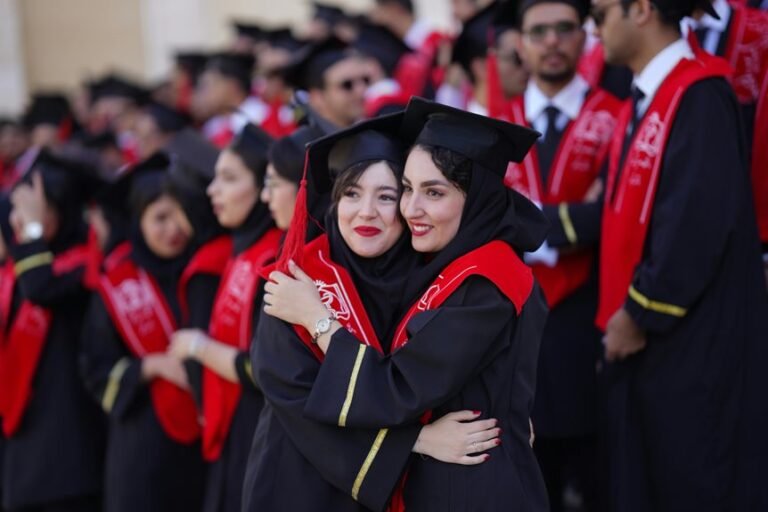Mutf_In: Tata_Nift_Midc_1oq9wvg
The Mutf_In initiative, spearheaded by Tata NIFT MIDC, strategically addresses operational challenges in the textile and fashion sectors. By merging technology with traditional craftsmanship, it aims to enhance productivity and promote sustainable practices. This initiative not only seeks to empower local artisans but also to reshape industry standards. As the initiative unfolds, its impact on the socio-economic framework of the fashion industry warrants close examination. What changes lie ahead for stakeholders involved?
Overview of Mutf_In Initiative
The Mutf_In initiative represents a strategic endeavor aimed at enhancing the operational capabilities of Tata NIFT MIDC, focusing on innovation and collaboration within the textile and fashion sectors.
This initiative emphasizes community engagement to drive innovation impact, fostering partnerships that leverage local expertise.
Goals and Objectives
Establishing clear goals and objectives is crucial for the Mutf_In initiative, as these parameters guide its operational framework and measure its success.
The initiative aims to enhance community engagement through participatory programs while promoting global outreach to connect diverse cultural narratives.
This dual focus ensures sustainable growth and fosters partnerships that empower local artisans, ultimately enriching the broader socio-economic landscape.
Integration of Technology and Craftsmanship
A significant aspect of the Mutf_In initiative lies in the integration of technology with traditional craftsmanship, a synergy that enhances production efficiency while preserving cultural heritage.
By employing digital craftsmanship, artisans leverage innovative materials to create unique products that reflect both modernity and tradition.
This fusion not only streamlines processes but also empowers creators, fostering a new era of artistic expression in the textile industry.
Sustainable Fashion Practices
Recognizing the environmental impact of the fashion industry, sustainable fashion practices have emerged as a critical response to the pressing challenge of ecological degradation.
These practices emphasize ethical sourcing and the use of eco-friendly materials, promoting a circular economy.
Through waste reduction strategies and enhanced consumer awareness, sustainable production methods aim to minimize harm, fostering a conscientious approach to fashion that respects both people and the planet.
Future Implications for the Textile Industry
As the textile industry grapples with the dual pressures of consumer demand and environmental accountability, the future implications of its evolution are poised to reshape production paradigms significantly.
Enhanced transparency in the supply chain will cater to shifting consumer behavior, favoring sustainable options. Innovations in materials and processes are expected to optimize resource use, aligning profitability with ecological responsibility, ultimately redefining industry standards.
Conclusion
In conclusion, the Mutf_In initiative by Tata NIFT MIDC stands as a monumental leap toward revolutionizing the textile and fashion industries. By seamlessly intertwining cutting-edge technology with time-honored craftsmanship, it not only champions sustainable practices but also breathes new life into artisan communities. This transformative approach has the potential to create an unparalleled ripple effect, reshaping socio-economic landscapes and setting a gold standard for ethical practices that could reverberate across global fashion paradigms for generations to come.






